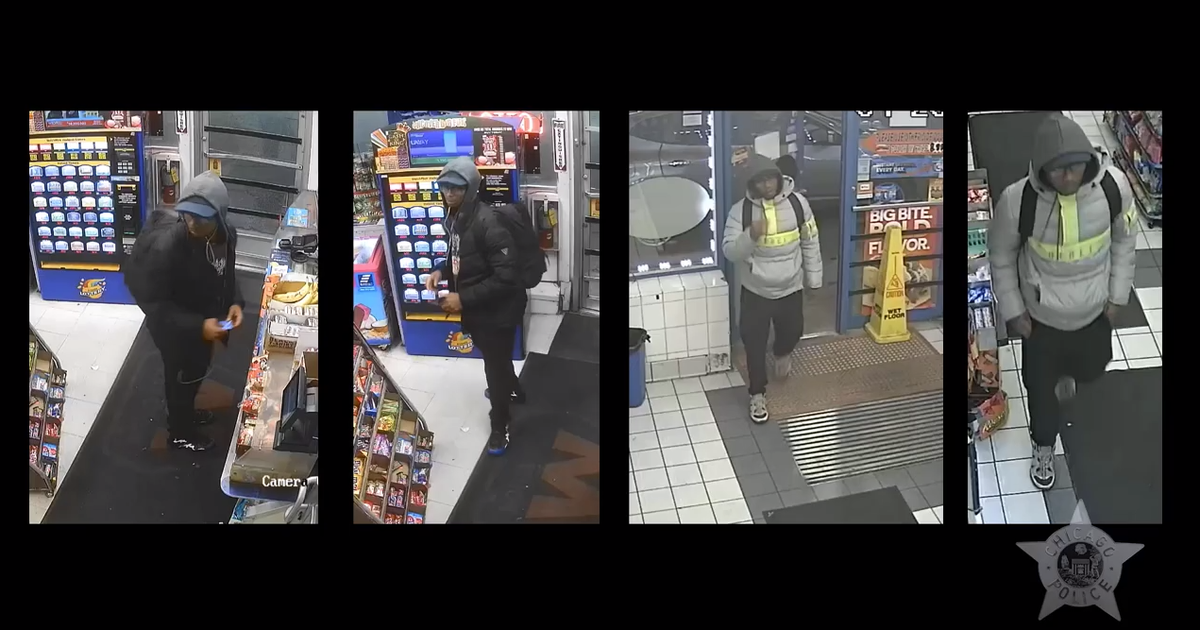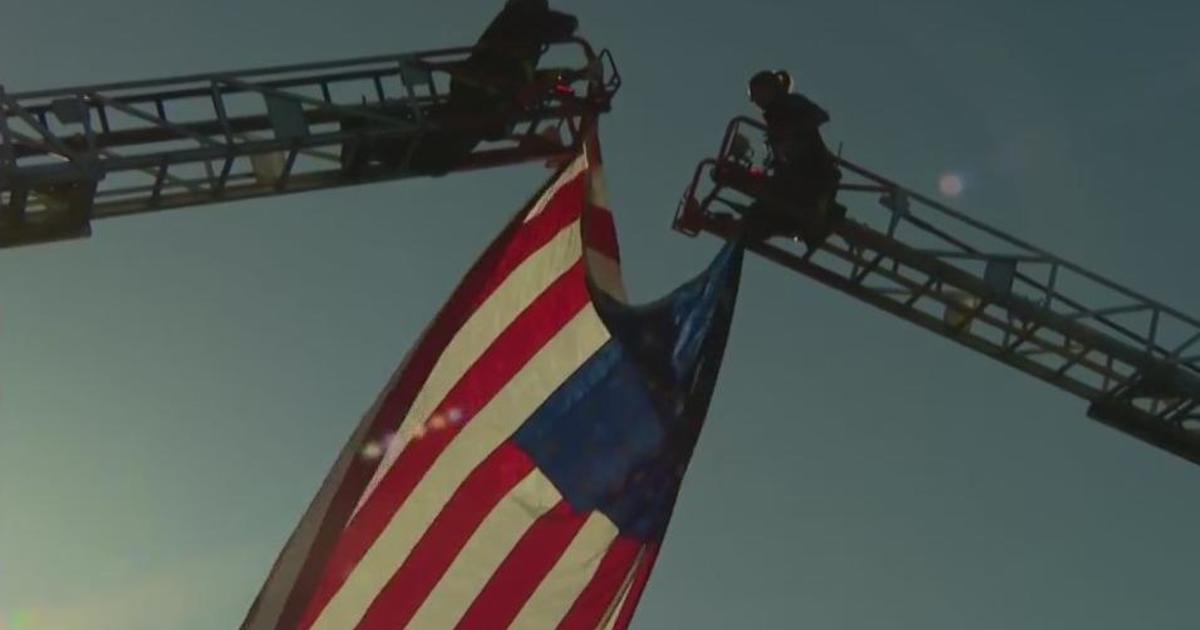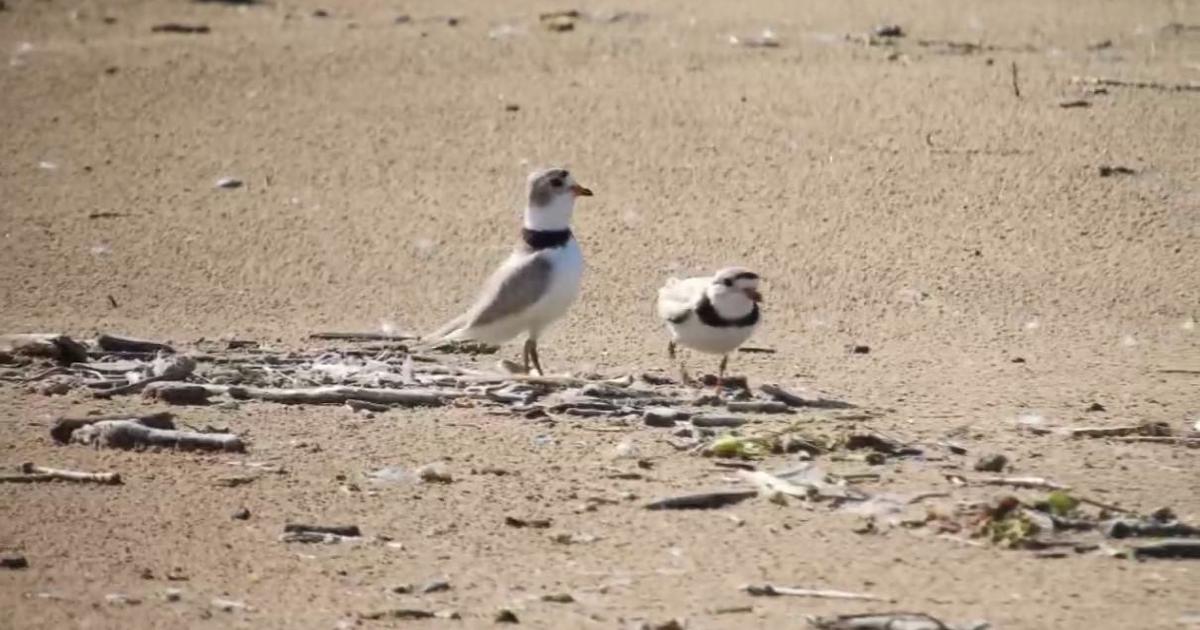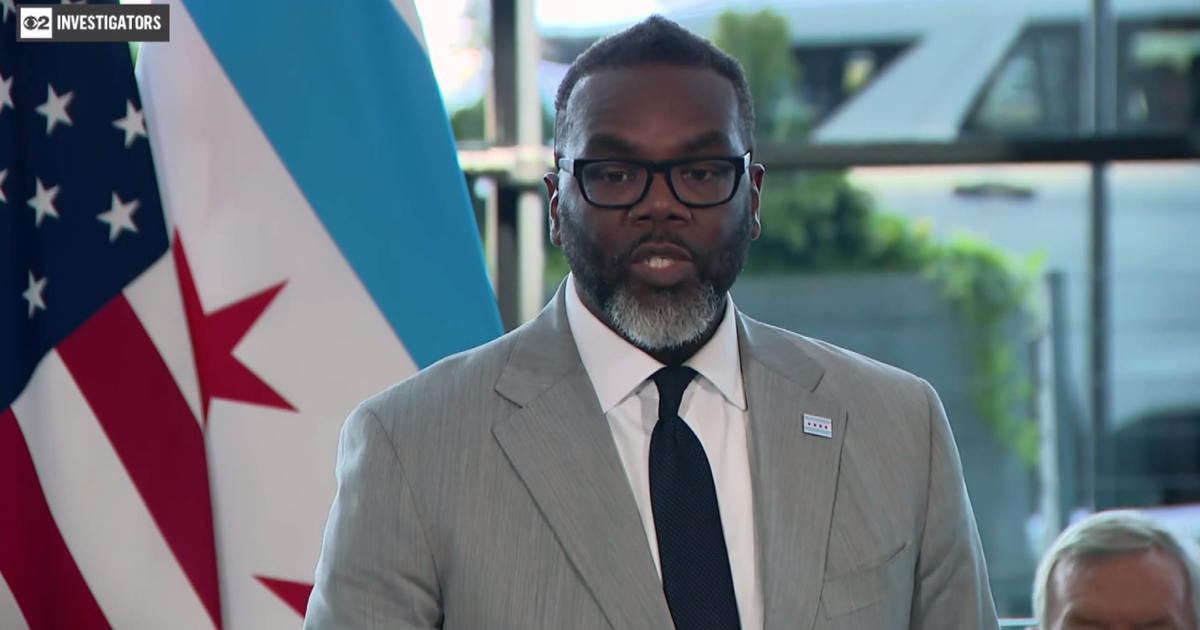Coronavirus Model Projects 134,000 Deaths In US, Nearly Double Its Last Estimate
(CNN) -- An influential coronavirus model often cited by the White House is now forecasting that 134,000 people will die of Covid-19 in the United States, nearly double its previous prediction.
The model, from the Institute for Health Metrics and Evaluation at the University of Washington, previously predicted 72,433 deaths as of Monday morning.
Relatedly, a Trump administration model projects a rise in coronavirus cases and deaths in the weeks ahead, up to about 3,000 daily deaths in the US by June 1, according to an internal document obtained by The New York Times. Over the past week, about 2,000 people died daily in the US, according to data from Johns Hopkins University.
The sharp increases in the two models are tied to relaxed social distancing and increased mobility in the US. States across the country -- including Florida, Colorado, Indiana, Nebraska and South Carolina -- have eased restrictions in an attempt to revive a sputtering economy and calm restless residents.
The projections make clear that these reopenings come with fatal risks.
"It's simple logic," CNN's senior medical correspondent Elizabeth Cohen said. "When you tell people, 'Hey, you can go to bars, you can get your nails done, you can go to a restaurant,' those numbers are going to go up."
The novel coronavirus's incubation period -- or the time from exposure to developing symptoms -- ranges from two to 14 days, according to the CDC, and the virus can even spread among people who show no symptoms at all. With widespread testing still limited, the consequences of these reopenings may not be evident for several weeks.
Ali Mokdad, a professor of Health Metrics Sciences at IHME, told CNN's John King on Monday that there are "several reasons" for the increased projections.
"One of them is increased mobility before the relaxation, premature relaxation, of social distancing," he said. "We're adding more presumptive deaths as well, and we're seeing a lot of outbreaks in the Midwest, for example."
He said multiple variables impact infections -- like heat, testing capacity and population density -- but "the most important one is mobility."
Right now, he said, "we're seeing an increase in mobility that's leading to an increase in mortality, unfortunately, in the United States."
In addition, IHME director Dr. Christopher Murray said there is a "longer tail of deaths," meaning some states will see a slower decline in deaths.
Coronavirus has killed 68,285 people in the US and infected more than 1,171,000 others, according to data from Johns Hopkins University.
President Donald Trump had previously said he expected 65,000 Americans to die, but on Sunday night, he revised that estimated death toll up to 80,000-90,000 people. It may not be the last upward revision; Dr. Deborah Birx, a White House coronavirus task force official, said projections have shown between 100,000 to 240,000 American deaths, even with social distancing.
Other reopenings across the US
Among the other reopenings that started Monday:
-- In Colorado, offices can reopen at 50% capacity with other guidelines, including allowing 6 feet between employees' desks and increased cleaning. Still, the state encourages businesses to allow telecommuting when possible.
-- In Florida, the first phase of reopening begins. That phase allows elective surgeries, and restaurants can open for outdoor dining with 6 feet between tables and indoor seating at 25% capacity. Shops can reopen at 25% capacity. Other businesses -- including bars, gyms and hair salons -- will remain closed.
-- In Nebraska, most churches, salons and restaurants can reopen.
-- In South Carolina, the "work-or-home" order is being made voluntary and restaurants can begin outdoor dining.
-- In Vermont, Gov. Phil Scott expects thousands of residents to return to work after an executive order that allows them to operate with new safety rules. Manufacturing, construction and distribution businesses can operate with 10 or fewer employees.
-- Stay-at-home orders also expire Monday in Kansas and West Virginia.
Even in reopening states, officials continue to recommend people stay at least 6 feet away from others, wear a cloth face mask outside the home, wash their hands frequently and avoid touching their face.
The public pressure to ease restrictions is rising even in states with significant outbreaks. This weekend, thousands gathered in California to protest coronavirus restrictions, leading to 32 arrests at the state capitol.
New York cases declining, but others going up
In some states, the number of coronavirus cases continues to decline, while other areas face challenges.
California is "days, not weeks" away from beginning to lift restrictions to the state's stay-at-home order, said Gov. Gavin Newsom. But that likely won't happen across the state. Los Angeles Mayor Eric Garcetti said he does not think the city will reopen earlier than May 15.
Other parts of California are already reopening. In Northern California, restaurants, salons, spas, tattoo parlors, shopping malls and gyms will all be open to residents of Yuba and Sutter counties.
New York Gov. Andrew Cuomo reported that the number of intubations in the state hit hardest by coronavirus is down, and the total number of hospitalizations is below 10,000 for the first time since March.
Still, he has expressed frustration with the slow decline in cases, especially compared with how rapidly cases increased initially.
"We're on the other side of the mountain ... (but) the decline from the mountain is not as steep as the incline," he said.
But the improvement does not mean the nation can let down its guard.
Boston Mayor Marty Walsh said numbers in his city are going up, and he is concerned about relaxing restrictions.
"We're still very much in the beginning days of coronavirus," Walsh said.
White House Coronavirus Task Force member Dr. Anthony Fauci also warned that lifting measures prematurely could lead to a rebound of the virus that could put the US in the "same boat that we were a few weeks ago."
And a second round of the virus, he said, is inevitable. Its severity will depend on how prepared the nation is, he said.
People flooded parks and beaches
Amid relaxed restrictions and a heat wave, police had challenges at some outdoor spaces, including a lack of social distancing and limited use of face masks.
For example, the Miami Beach Police Department announced it would close South Pointe Park again until further notice due to non-compliance.
Across Miami Beach over the weekend, more than 7,300 warnings were issued for failure to wear a face covering, according to police. More than 470 warnings were issued for failing to social distance, and more than 1,300 people were asked to leave parks after closing.
In New York, where parks were full of socially distanced sunbathers this weekend, Gov. Cuomo said Sunday that not wearing a mask in public is "disrespectful" to others.
To solve that, New York City is distributing 7.5 million face coverings at various locations around the city, Mayor Bill de Blasio announced Monday morning.
Five million three-ply non-medical masks and 2.5 million cloth face coverings will be distributed wherever social distancing guidelines are enforced, including grocery stores, public parks, and the Staten Island Ferry. The face coverings will also be made available at New York Housing Authority sites and city-provided meal program sites.
In California, anger is rising at the governor for keeping some beaches closed. Two beach cities in Southern California voted to file an injunction late last week against the governor's order to temporarily close all beaches in Orange County.
The-CNN-Wire™ & © 2020 Cable News Network, Inc., a WarnerMedia Company. All rights reserved.



